IPSASB eNews: December 2016
Meeting Podcasts
An audio podcast reviewing key points of the December 2016 meeting is now available. A separate podcast on the Consultative Advisory Group (CAG) meeting is also available.
Listen to December IPSASB Highlights>> Listen to December IPSASB CAG Highlights>>
The IPSASB CAG held its second meeting on December 5. The CAG discussed needs and perspectives in the current public financial management (PFM) environment. This included the IPSASB´s role and responsibility in the global PFM landscape and initial input to the IPSASB’s next strategy and work plan. The CAG was updated on the IPSASB’s current work plan and discussed the projects on Public Sector Combinations, Financial Instruments, Leases, and Heritage.
The IPSASB considered a draft final pronouncement that reflected the decisions taken at the September 2016 meeting. After agreeing to a number of drafting changes, the IPSASB approved IPSAS 40, Public Sector Combinations. The standard, which has an effective date of January 1, 2019, is expected to be issued in late January or February 2017.
Access Presentation >>
The IPSASB approved the first three chapters of the draft Consultation Paper dealing with the drivers for the project, the literature on revenue recognition, and the categorization of public sector transactions in order to explore the extent to which a performance obligation approach might be applied. The IPSASB agreed that, under this approach, there are a range of remedies available to a resource provider in the event of non-fulfillment of a performance obligation by a resource recipient.
Access Presentation >>
The IPSASB discussed a number of issues in development of the Exposure Draft, including accounting for embedded derivatives, hedge accounting, and transitional provisions. The IPSASB agreed to remain consistent with IFRS 9 for authoritative guidance in these areas and to develop public sector-specific illustrative examples and implementation guidance.
Access Presentation >>
The IPSASB discussed two variants of the right-of-use model for lessor accounting. While most IPSASB members support continuing to recognize the underlying asset in its entirety and to recognize a liability (unearned revenue), the IPSASB directed staff to carry out further analysis on consistency with sale and leaseback requirements and other IPSAS. The IPSASB decided to replace the term “peppercorn leases” with the term “concessionary leases.”
The IPSASB reviewed a draft Consultation Paper on financial reporting for heritage in the public sector, and approved the first three chapters. The IPSASB will consider the next four chapters, including recognition and measurement of heritage items, in March.
Access Presentation >>
The Conceptual Framework for General Purpose Financial Reporting by Public Sector Entities Webinar is now available in Mandarin. The Framework guides the development of IPSAS and Recommended Practice Guidelines. It also provides guidance on financial reporting issues outside the IPSASB’s literature.
The Call for Nominations for the Independent Standard-Setting Boards for 2018 sets out upcoming opportunities on the independent standard-setting boards, including the IPSASB. For details on time commitments and how to nominate, see Developing a Nominations Strategy.
Learn More >>

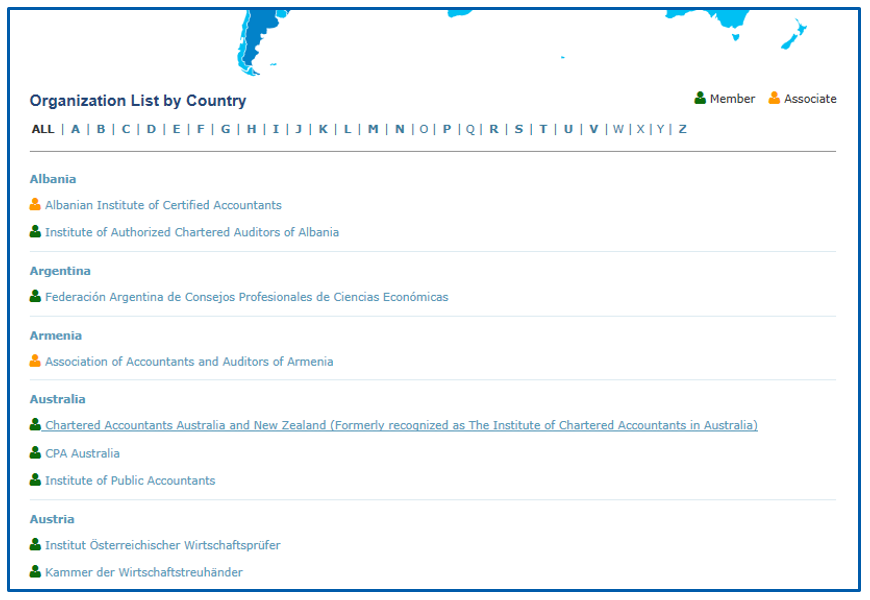
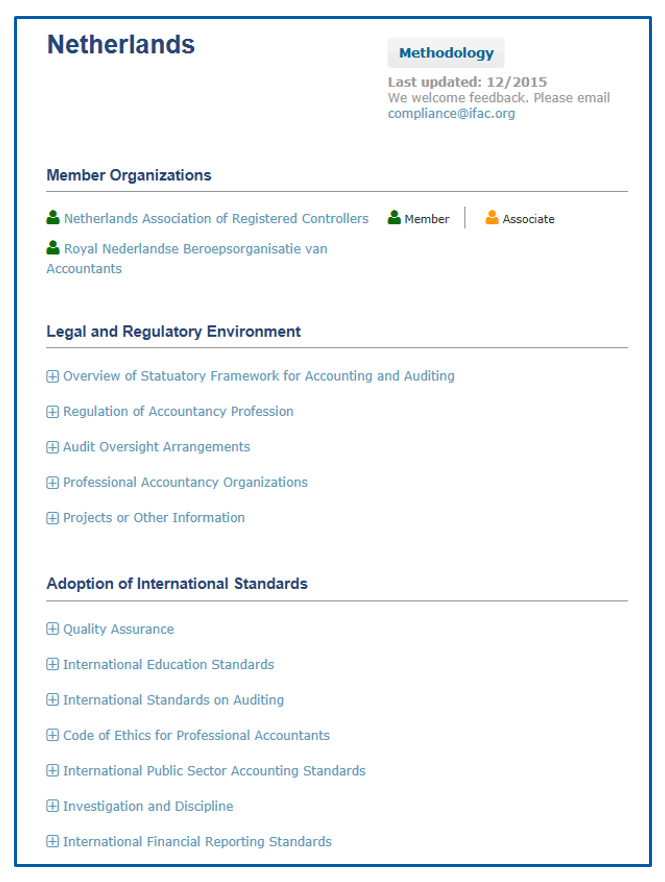
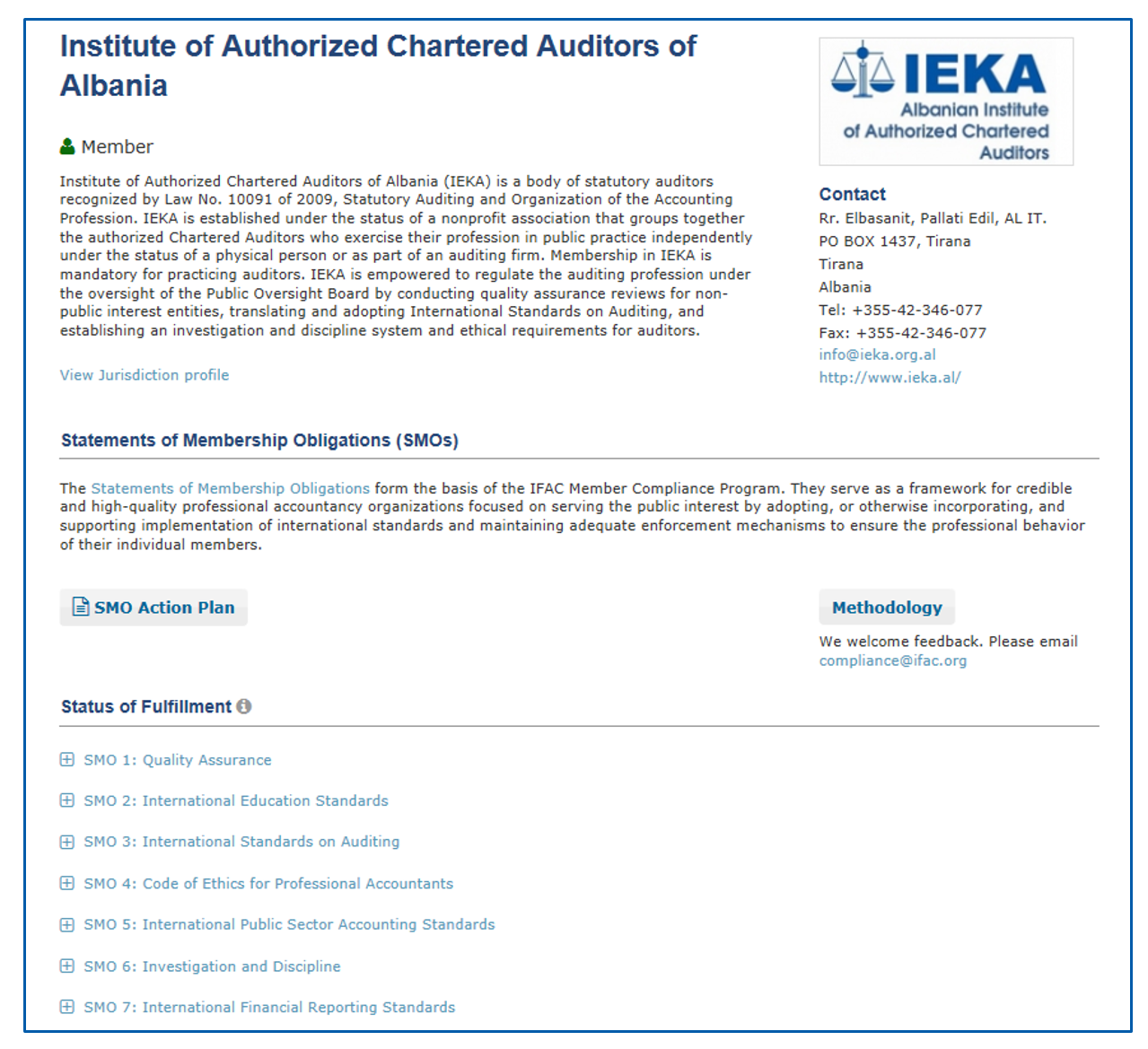
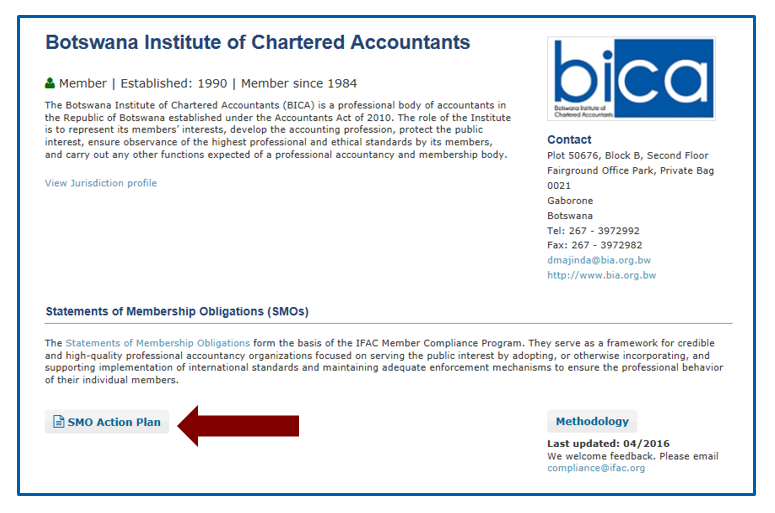
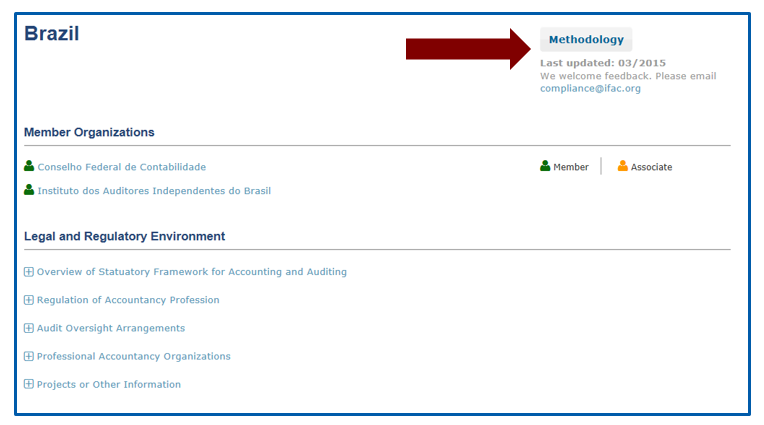
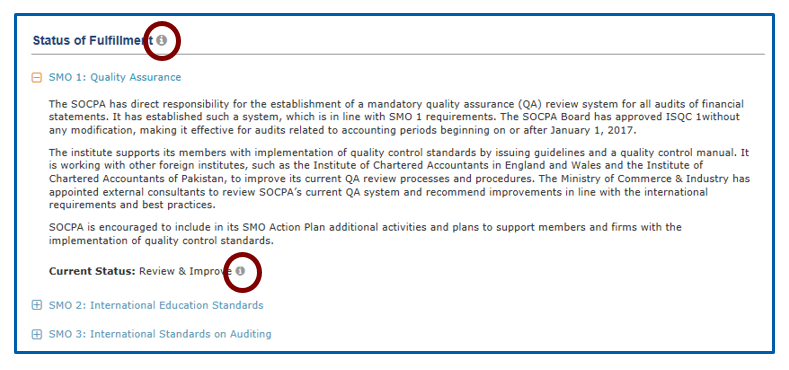
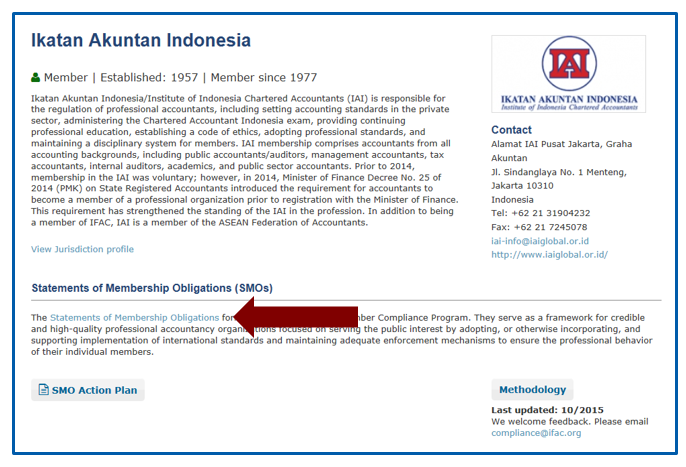
The IPSASB progressed the project scope and key definitions. The IPSASB also considered the obligating events to be identified in a future Exposure Draft. While not reaching any conclusions on these topics, the IPSASB identified further matters for consideration, including current IASB work on Insurance. The IPSASB had initial discussions on disclosures and amendments to other IPSAS.
Access Presentation >>